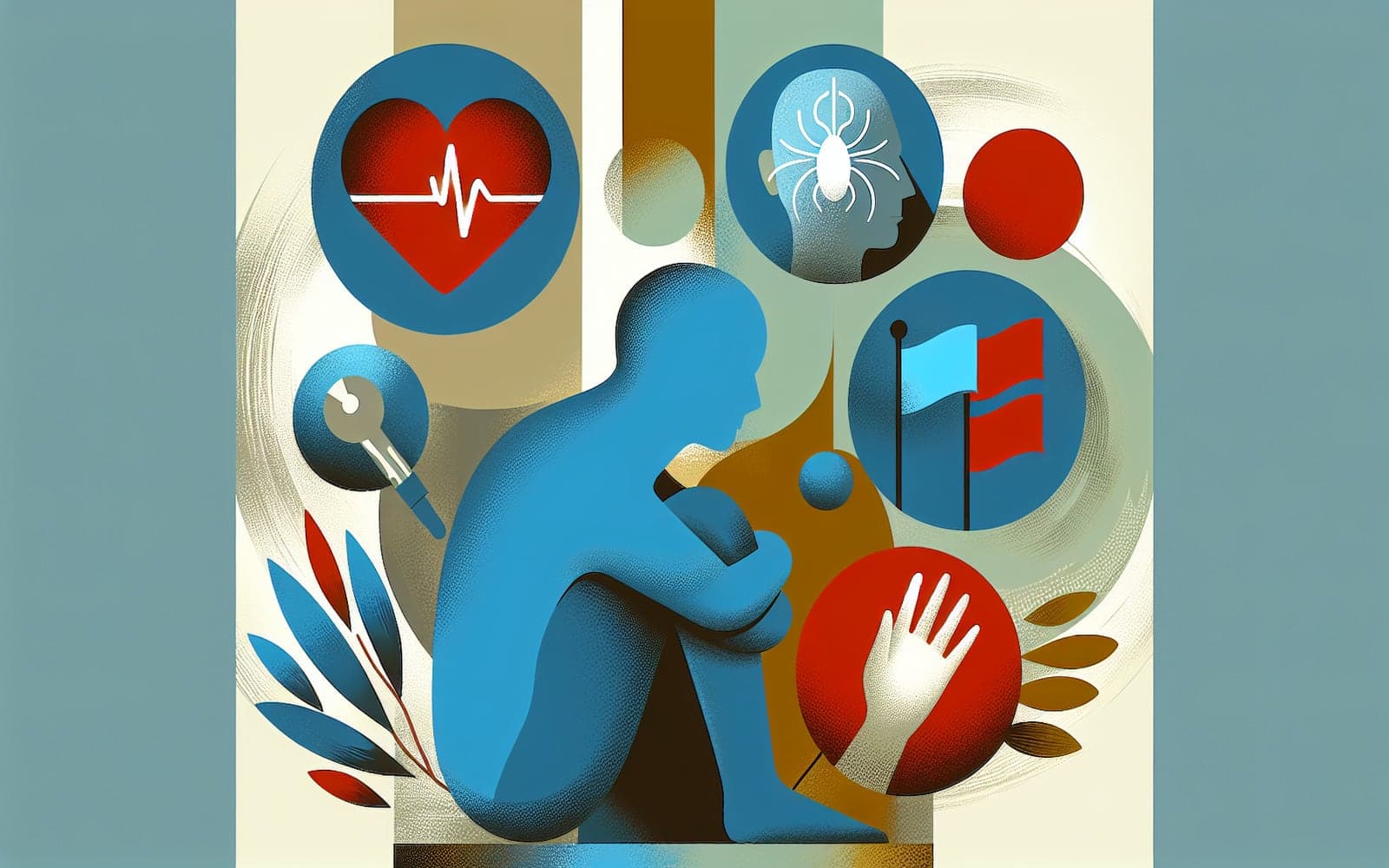Red Flags: 5 Key Symptoms of Guillain-Barré Syndrome You Shouldn't Ignore
Published: Nov 03, 2023
Recognizing the symptoms of Guillain-Barré syndrome (GBS) early can lead to faster treatment and better outcomes. While rare, GBS can progress rapidly, so knowing what to look for is crucial.
Contents
Muscle Weakness: The Hallmark Sign
The most common and telltale symptom of GBS is muscle weakness. It typically starts in your legs and feet, feeling like pins and needles or weakness. This sensation can quickly spread upwards, potentially affecting your arms, upper body, and even face. In severe cases, you might struggle to walk, move your arms, or even breathe.
Tingling and Numbness: The Nerve Factor
Alongside weakness, many people with GBS experience tingling or numbness. This often begins in the toes and fingertips, gradually moving up the limbs. It's like your body parts are 'falling asleep', but the sensation doesn't go away when you move. This numbness can affect your sense of touch and make it hard to feel temperature changes.

Pain: An Unexpected Visitor
While not everyone experiences it, pain can be a significant symptom of GBS. This pain might feel like deep aches in your muscles, sharp shooting pains, or a constant burning sensation. It can be particularly severe at night or when you're trying to move. Some people describe it as feeling like they've run a marathon without training.
Difficulty with Coordination and Balance
As GBS affects your nerves, it can throw off your coordination and balance. You might find yourself stumbling more often, struggling to perform fine motor tasks like buttoning a shirt, or feeling unsteady when standing. In some cases, people describe feeling like they're walking on a boat in choppy waters.
Frequently Asked Questions
Symptoms can worsen over hours, days, or weeks.
Usually, but some variants can start in the arms or face.
Yes, in severe cases it can affect breathing muscles.
Many, but not all, people with GBS experience pain.
GBS symptoms typically worsen steadily, not fluctuating.
When to Seek Help
If you experience rapidly progressing weakness, especially if it's moving up your body, seek medical attention immediately.
References
- Willison HJ, et al. Lancet. 2016;388(10045):717-727.
- van den Berg B, et al. Nat Rev Neurol. 2014;10(8):469-482.
This article has been reviewed for accuracy by one of the licensed medical doctors working for Doctronic. Always discuss health information with your healthcare provider.
AI Doctor Visit Required
Appointments available 24/7
15-min consultation. No hidden costs.
AI Doctor Visit Required
For safety reasons we have been forced to end this consultation.
If you believe this is a medical emergency please call 911 or your local emergency services immediately.
If you are experiencing emotional distress, please call the the Suicide & Crisis Lifeline at 988 or your local crisis services immediately.
Contact us
You can also email us at help@doctronic.ai
We aim to reply within 5-7 days
How likely are you to recommend Doctronic to friends or family?


